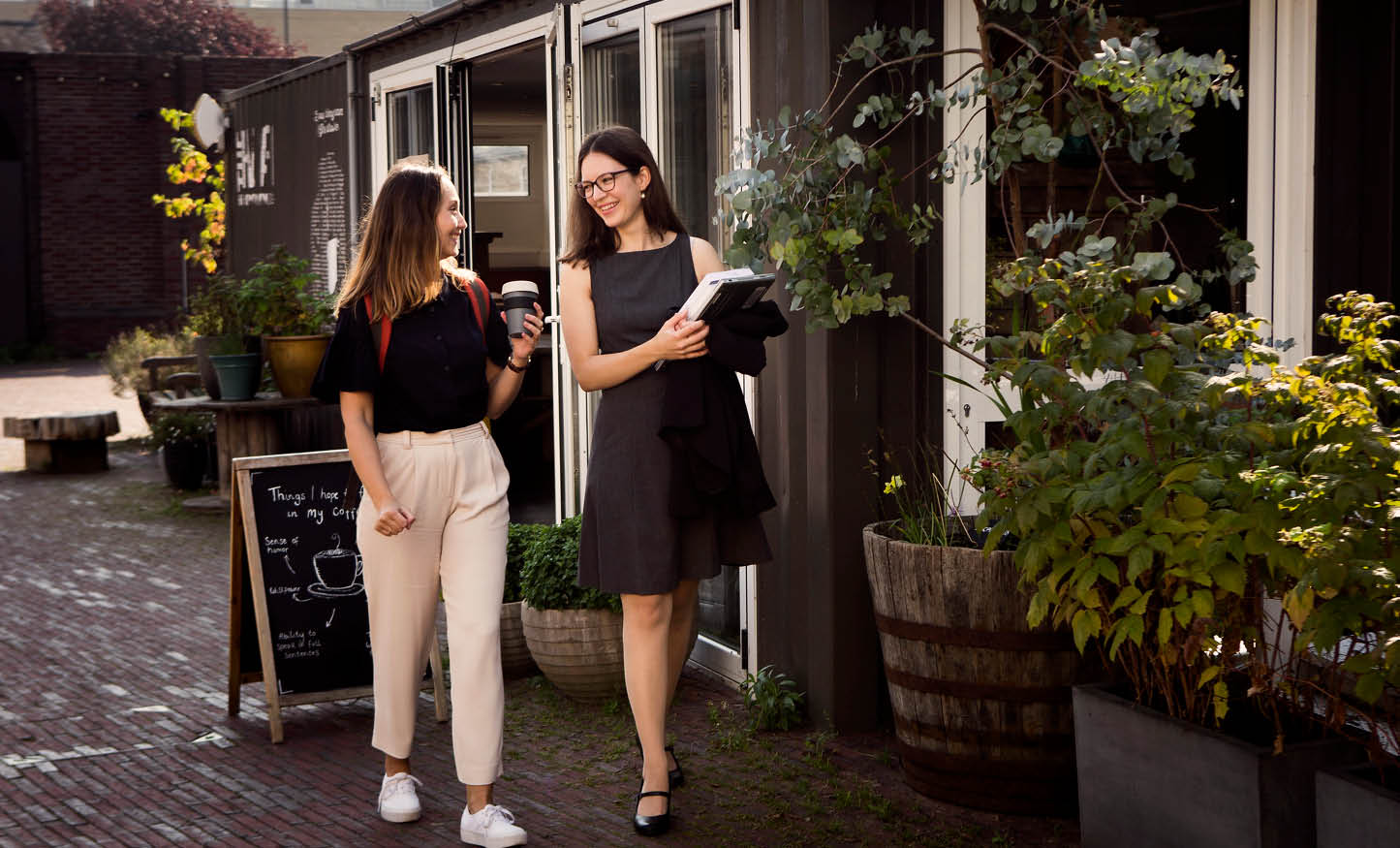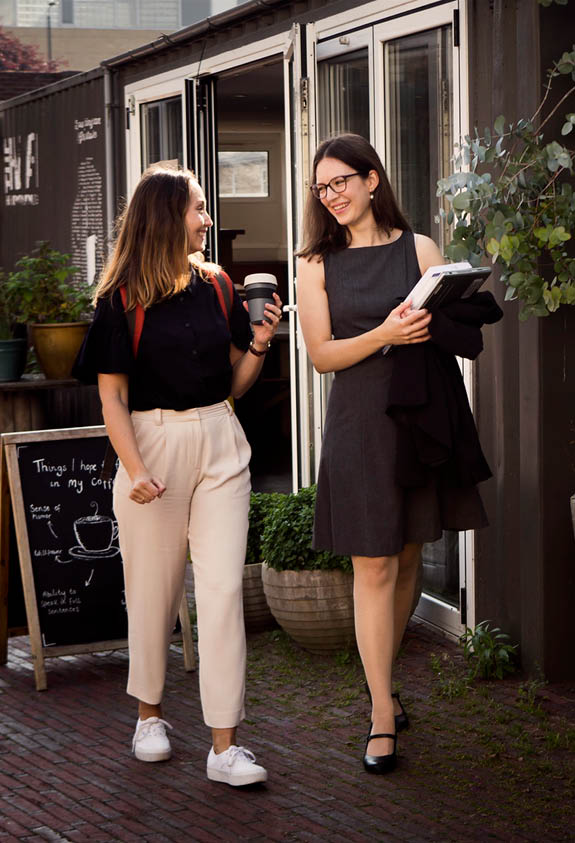



Being sustainable does not only mean buying bio-products, using renewable energy or driving an electric car. It can be way simpler to contribute to a greener planet. The keys to sustainability are the five “Rs”: Refuse, Reduce, Reuse, Repair, Recycle The five of them can be found in all of the following recommendations.
1. Meat reduction
Following a vegetarian or vegan diet has become more common over the past few years. More and more people have become aware of the serious impact on the environment when consuming meat (e.g. carbon dioxide and water footprint). Not everyone is willing or able to reduce one’s meat consumption to zero, though. However, there are several ways to reduce one’s environmental impact on this sector.
First of all, one should be aware of how much meat they consume each day and where it comes from (preferably local farms). Beside initiatives like “meatless Monday”, there are several meat substitutes available in every supermarket nowadays, which are plant based and might be an interesting alternative to actual meat.
“Unfortunately, one does not only order food, but there is a lot of packaging that comes with it as well.”
2. Waste reduction
Staying in the kitchen, there is something else every student can reduce: waste. Cooking for one person is not an easy task. Not everything is available separately which is why often one has to buy in a bigger quantity than needed. Making a meal plan can help reduce food waste, as well as packaging.
Everyone sometimes has the thought of how much easier it would be to quickly order something to eat. Unfortunately, one does not only order food, but there is a lot of packaging that comes with it as well. Having a plan and a clear structure therefore is very helpful to reduce (food) waste. Home-made meals in reusable lunch boxes also are a great idea to eat a little healthier and reduce cost as well as packaging waste. There are several recipes and ideas on YouTube for inspiration.
3. Donate, buy second-hand and repair
When moving from one campus to the next, students usually leave things behind that they do not need any more or they think are replaceable. This is a great opportunity to donate it to a local charity or swap with other students. Whether it is clothes or dishes, someone else might need it and asking around might save you the trip to the rubbish skip.
“Taking proper care of one’s items, from clothes to electronics, can significantly extend their lifetime which also is quite beneficial.”
Apps which are really helpful for selling or buying clothes or other items second-hand are Vinted or eBay. Besides, when it comes to broken items it might be more sustainable (financially and ecological) to repair them instead of buying a new product. Taking proper care of one’s items, from clothes to electronics, can significantly extend their lifetime which also is quite beneficial.
4. Reuse and replace
Last but not least, students can make the planet a little greener by reusing and replacing. One of the most unnecessary items are plastic or paper shopping bags. They can easily be replaced by a cloth bag. Same with plastic water bottles, which can at least be reused, or even better, replaced by actual reusable bottles made of sustainable materials
“…use washable face masks instead of disposable ones, they look much nicer and are much less harmful for the environment.”
Moreover, if one likes getting a cup of tea or coffee at the coffee shop before going to a lecture, a nice way to reduce waste is by using one’s own coffee-to-go mug, which usually is accepted by baristas. Lastly, students can save some money using washable face masks instead of disposable ones. They look much nicer anyway and are much less harmful for the environment.
With the new year starting, this is the perfect time to make some changes in one’s routines in order to become a greener student.

















